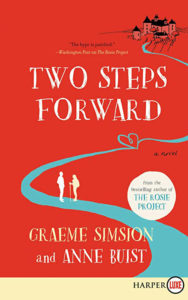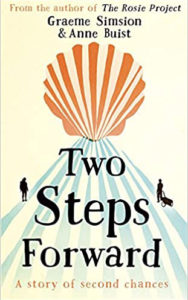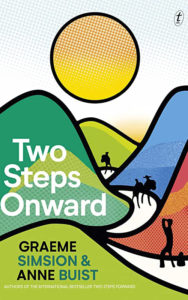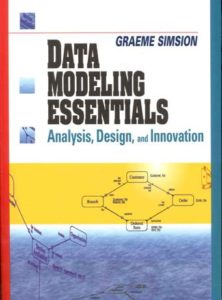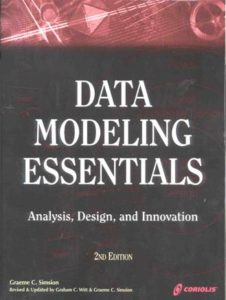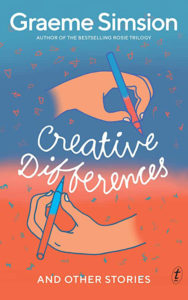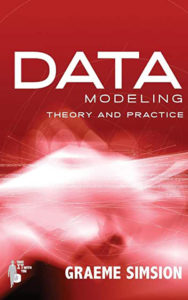Data Modeling Essentials, Third Edition provides expert tutelage for data modelers, business analysts and systems designers at all levels. Beginning with the basics, this book provides a thorough grounding in theory before guiding the reader through the various stages of applied data modeling and database design. Later chapters address advanced subjects, including business rules, data warehousing, enterprise-wide modeling and data management. The third edition of this popular book retains its distinctive hallmarks of readability and usefulness, but has been given significantly expanded coverage and reorganized for greater reader comprehension. Authored by two leaders in the field, Data Modeling Essentials, Third Edition is the ideal reference for professionals and students looking for a real-world perspective.
‘I wrote Data Modeling Essentials back in 1992 as a way of closing off my work in data modeling so I could focus on developing my business and my own skill set in other areas. “Here’s everything I know: I’m out of here”. It had the opposite effect, as it created a demand for seminars, masterclasses and the like and I had to keep current to ensure I could meet expectations. In 2000, I had another try, inviting Graham Witt to co-author, not only for the knowledge he brought to the task, but so he could take over as spokesperson for the ideas. It half-worked. But I was still teaching data modeling right up to the publication of The Rosie Project, with Data Modeling Essentials celebrating three editions and twenty years in print.’
— GCS
Data Modeling Theory and Practice is for practitioners and academics who have learned the conventions and rules of data modeling and are looking for a deeper understanding of the discipline. The coverage of theory includes a detailed review of the extensive literature on data modeling and logical database design, referencing nearly 500 publications, with a strong focus on their relevance to practice. The practice component incorporates the largest-ever study of data modeling practitioners, involving over 450 participants in interviews, surveys and data modeling tasks. The results challenge many longstanding held assumptions about data modeling and will be of interest to academics and practitioners alike.
Graeme Simsion brings to the book the practical perspective and intellectual clarity that have made his Data Modeling Essentials a classic in the field. He begins with a question about the nature of data modeling (design or description), and uses it to illuminate such issues as the definition of data modeling, its philosophical underpinnings, inputs and deliverables, the necessary behaviors and skills, the role of creativity, product diversity, quality measures, personal styles, and the differences between experts and novices.
Data Modeling Theory and Practice is essential reading for anyone involved in data modeling practice, research, or teaching.
‘This is basically my PhD thesis, made a bit more practitioner-friendly and without the appendices (which were full of statistical analysis). But I think it’s a book every professional data modeller should read – more so than the much more popular Data Modeling Essentials, which is basically instructional.
If you’re going to be serious about your profession, you need to understand the theoretical foundations. There’s a pretty comprehensive literature review – a history of thinking on the subject since the advent of database management systems in the late 1960s. And it identifies a key controversy, not always articulated, but crucial to how you undertake the work: is data modeling essentially descriptive or creative? I talked to the experts / thought leaders and found serious differences. And then did the largest study of practitioners (actually larger than all the published studies combined) to see which was the better characterization., In a nutshell, data modelling is a design process.

